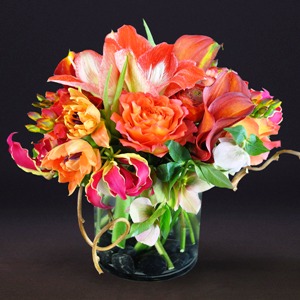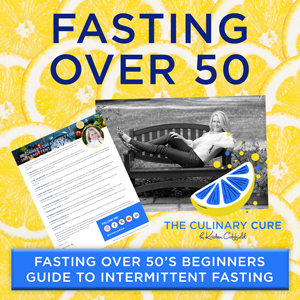Hope to Hope Town: Part Four
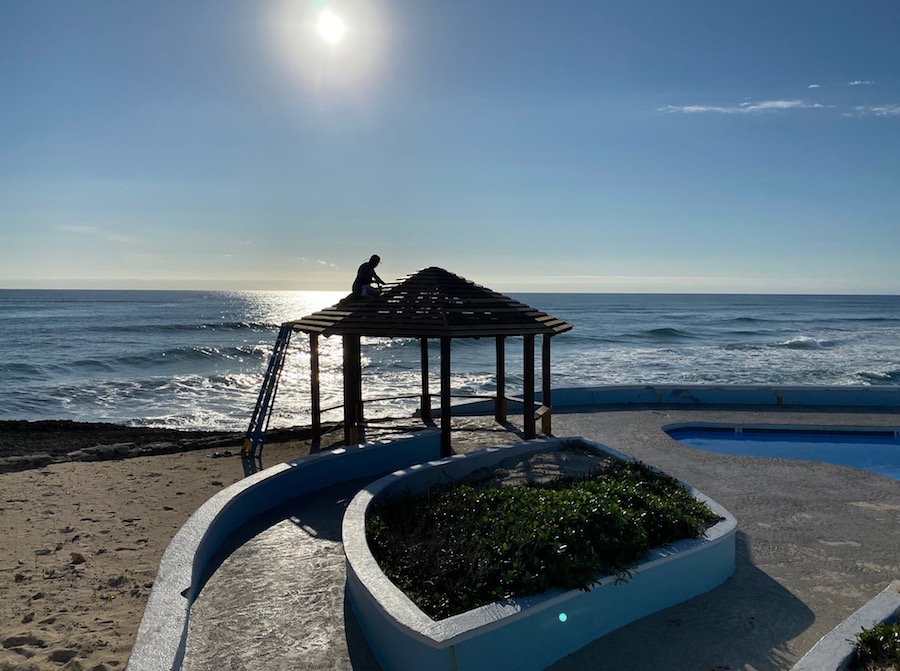
It was New Years morning in Hope Town, and the dance party with fireworks and live music in the tiny settlement last night had been positive and ‘normal’ and heartwarming. We had arrived on Elbow Cay the day before with construction equipment, supplies and donations for the island. We had a small generator for heating water, cooking on the induction cooker, and charging phones. Phones were really just cameras as there was not really any 3G or 4G or anything G. So we charged our cameras on the generator.
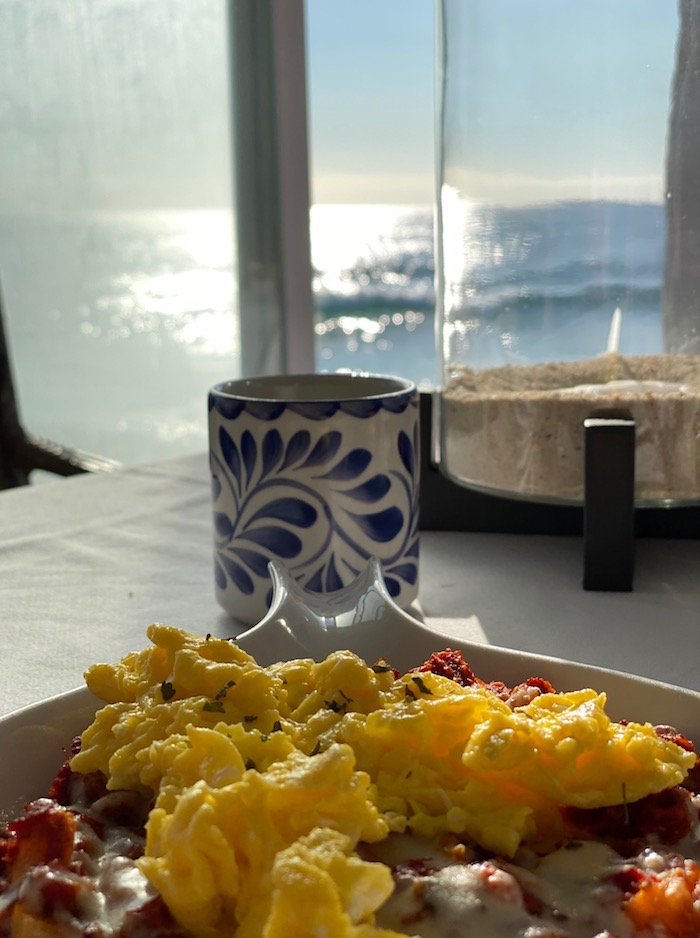
We decided to head out and get breakfast at the Abaco Inn (the only functioning restaurant) and listen to the VHF ‘cruiser net’ island update. We hadn’t really figured out the ‘no refrigeration’ part of our living situation yet, as we had not found ice for the cooler anywhere on the island.
We listened to the update and noted times for the temporary fuel depot, drinking water supply (very near our house), LVA was open for some groceries, Vernon was making bread!
I had met Vernon the baker/minister/justice of the peace when we were here last spring, when the island was fully functioning with fishing, restaurants, snorkeling, boating and adventures. Vernon Malone was a direct descendant of the original British loyalist settler, Wyannie Malone, who moved to Elbow Cay from South Carolina with her 4 children in 1785 following the Revolutionary War. Vernon’s hot bread and key lime pies were legendary. At 82, he had been evacuated for a short time after Hurricane Dorian, had returned, and with a patched roof and generator had started baking. Vernon’s house, a three minute walk from his bakery, had been destroyed. All that was left was the cement pad and a chimney.
After the broadcast, we moved inside for breakfast. We sat at an open window close to the ocean, next to a couple with two small children, the only other people in the restaurant.
While looking at the menu, we could hear their conversation. ‘Maybe after breakfast we can do some shelling,’ the young father said while jiggling the baby on his knee. ‘It will be low tide.’ Their breakfasts arrived and their quiet conversation continued.
As I read the menu, I wondered about the family. They looked like tourists on a Christmas vacation to the islands. But here, I wondered? The island was the first point of landfall for hurricane Dorian, and it stalled over the island for hours. 22 tornadoes also hit the island in that time period. The ongoing devastation was incredible, 4 months later.
With no electricity or running water, all but one restaurant closed, houses upside down on the side of the road, blue tarps everywhere on houses that did survive, many of the rental boats destroyed, golf carts missing, beaches littered with debris, boats resting on their sides in the broken remains of palm trees – it was not exactly a sought after vacation paradise at the moment.
Whatever… I thought as we ordered.
I could see through the salty windows that a worker was painting the top of a rebuilt gazebo down by the pool. He was silhouetted against the sky, brush in hand, coating each board with dark paint.
“I’ll be right back,’ I said to Brid as I got up and headed out the double doors to a rock outcropping near the gazebo. ‘I’m going to grab a picture.’
As I stood in the sun and took a few pictures, I felt a presence beside me. The young girl from the table next to ours had come outside.
‘Hi,’ I said as I turned around.
“Hi,’ she said as she stood up. She had been leaning over the rocks closer to the ocean. She was dressed in a t-shirt with what looked to be a unicorn on it, nice shorts, beautiful long dark blonde hair tied back in a soft pony tail.
‘Look’, she said and opened her hand to show me a tiny white shell.
‘Oh’, I said, ‘How pretty’.
‘Uh huh’.
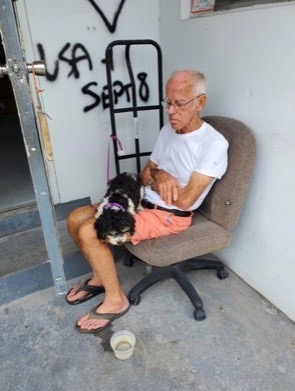
I told her my name and asked where she was from, thinking maybe England? There was a very slight hint of an accent. ‘White Sound’, she said. ‘Right up there’, she said, motioning up the road.
‘Oh!’ I said, my assumptions flying out the window. ‘And how old are you?’
‘Seven,’ she said. ‘And my brother will be a year in one week.’
She resumed her shell hunting and showed me another one.
‘How did your house do in the storm?’ I asked.
‘It was good’, she said as she looked for more shells.
She stood up straight and turned to look at me. ‘We hid in MY bedroom, under my bottom bunk bed’. Her brown eyes were big with emphasis. ‘Oh!’ I said.
‘Well, the laundry room came up and then crashed into the house and so we hid in my room’.
She turned to look at me, squinting in the sun.
‘The house got a big hole. Then the walls went down plop…plop… plop’, she said motioning with her arms stretched toward me, turning first one hand over the other, again and again.
‘So we got under my bottom bunk. My father grabbed a door and we got under the bed and he turned the door sideways,’ she said motioning, ‘and held the door’.
‘Oh!’ I said again.
‘My mother and father, little brother and two big dogs all under the bed,’ she said.
She looked up at me, tilted her chin down, and looked very serious. ‘But not the bird’.
‘Not the bird’, I said as I could think of nothing else to say.
‘Then the eye came and we went to my grandma’s house who lives behind us – she still had a roof.’ ‘But we got her and went to Firefly’ (a restaurant across the road).
‘And then we stayed there for a long time until we could go home’. ‘We live in a tent now,’ she said.
‘Oh.’ Again. ‘Is that ok?’ I asked.
‘It’s ok,’ she said.
‘Are you going to school?’ I asked. ‘I was going to HopeTown school, but it is not open. Maybe later’.
We made our way back to the restaurant and I said hello to the parents, and we met Christopher, their baby. ‘I’m so sorry for the devastation that this storm has caused you,’ I said.
We had a conversation about the island, about the father’s work, selling real estate on the island.
‘Here is my card with my number,’ he said as they stood up to leave. ‘Just in case you need anything while you’re here.’
They told us where they lived and a few days later we stopped by. We had a tent my brother had given us to donate – it was large and new, and we wanted to offer it as a back-up, or to use for additional space. We turned into the driveway, just off the main road. The father was there, holding the baby, supervising some workers pulling debris together and loading it into a truck.
‘Lots of the damage to our house was caused by heavy boards and trees flying through the air. He pointed to a large jumble of lumber – large, heavy pieces of wood, many painted light blue, full of nails and jagged edges. Twisted hinges.
‘Those aqua boards for instance? We don’t have any aqua anything’, he said. ‘All of this was from somewhere else.’
The mother took the baby from him, and told us she had just dropped Julianna at school. ‘I think she will love it,’ she said. Only 6 students so far but it’s a start.’
She walked me over to the side of what had been her house, leaving the guys talking about construction. They had a large tent, and a smaller sort of cook tent, ‘really for storing supplies’, she told me.
We turned toward the house.
‘Julianna told me about hiding under the bunk beds’, I told her.
‘Yes,’ she said pointing.
I looked over a large empty platform that had been a living room, a kitchen and a bedroom, I was guessing. I saw two walls still standing, making a corner at the far end. Tucked next to the wall were bunk beds. ‘They’re still there,’ she said with a small smile.
‘She told me you all got under the bed with the two dogs, but not the bird.’
‘Yes’.
‘He’s out there,’ she said, ‘in the tree. You passed him when you walked in.’
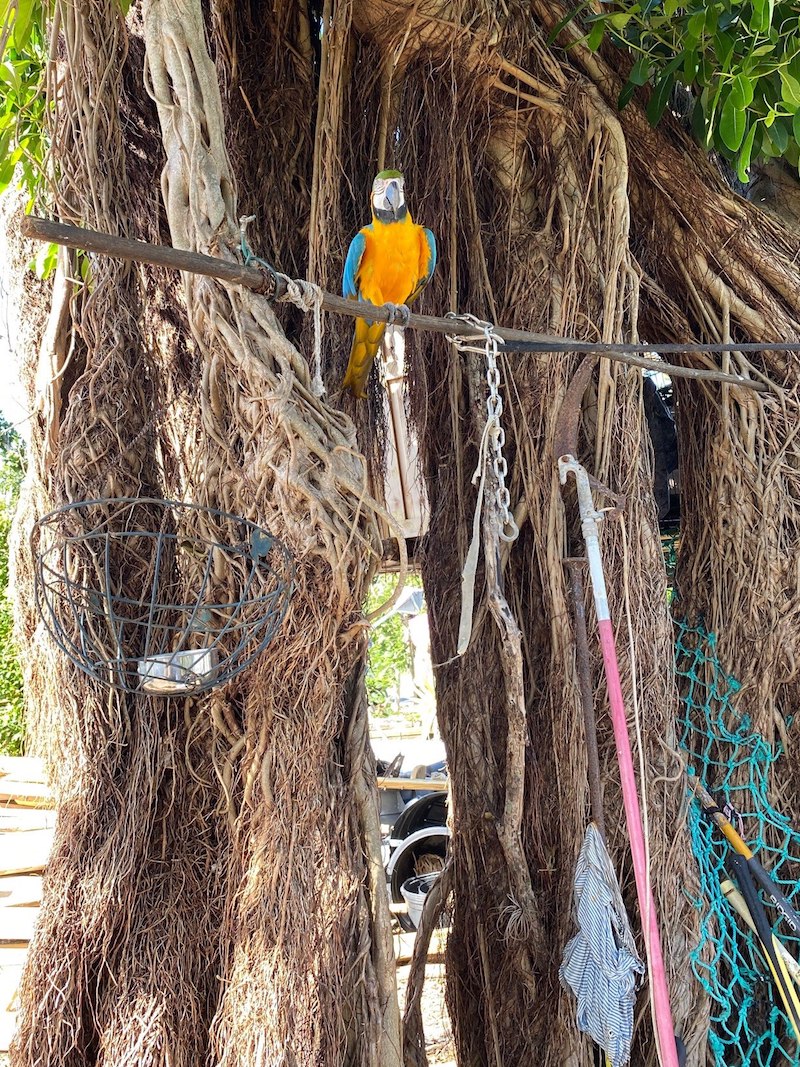
I looked out at the large tree that Brid and John were standing under, it looked like a Banyan tree with vines hanging everywhere. We walked back to the tree and stood under it, talking. I was also looking for a parakeet in a cage, a songbird of some type.
I noticed movement on the branch behind my head. Feet. Huge bird feet sidestepped towards me as I turned to look up. A beautiful and very large macaw looked down at me.
‘His name is Abaco. He was living in Florida with my sister and she gave him to us a few years ago. Funny, isn’t it, that his name was already Abaco? She named him that because he is all the colors of the Bahamian flag.’
Abaco turned his yellow and blue head one way and then the other, the way large birds look at you with first one eye, and then the other.
‘We found him under the debris. His cage had protected him, but it was totally covered up’.
‘We were walking around picking our way through the remains of the house and heard ‘Hello. Hello,’ from under the pile of rubble and it was Abaco. He was OK.’
We stayed for a few minutes longer and then left the family with the dogs and the bird and the big tree, thick with vines. They waved good-bye and we said we hoped to see them again.
*/
We drove the golf cart quietly back to town.


